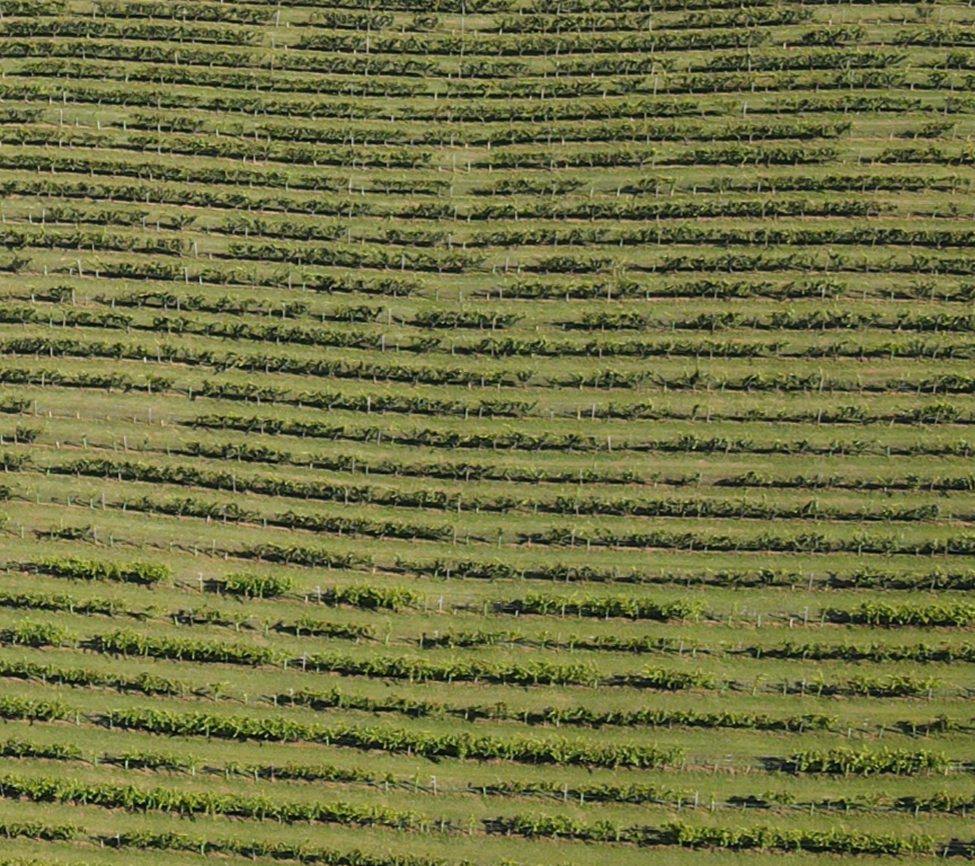By Clint Thompson
Unseasonably warm temperatures have one University of Georgia plant pathologist concerned about the impact on Pierce’s disease in grapes.

Phil Brannen, University of Georgia Extension fruit disease specialist, discussed the potential dire situation facing some grape producers.
“The concern I have on grapes, especially the European wine grapes in North Georgia, is with these warm temperatures we’re having right now, we are just not having any of the killing off of bacteria that causes Pierce’s disease of grapes. Even in places with elevations as high as 2,000 feet last year, we started seeing significant Pierce’s disease. That disease is directly related to winter cold temperatures. When we don’t have them, it increases,” Brannen said. “Unless we can get everybody on board with the fact, they’re going to have to use insecticides consistently to control the vectors of that disease, I’m very, very concerned.”
Pierce’s disease is caused by a bacterium that is transmitted by numerous sharpshooter insects, including the glassy-winged sharpshooter. It clogs the grape xylem, cutting off nutrient and water flow. Once grapes are infected with the disease, vines die within one to two years. Colder temperatures reduce the number of insects present as well as bacterial numbers in the plant.
“This unseasonably warm weather that we seem to have pretty much every winter now, it is extremely detrimental to a lot of those grapes. That is a concern. When I go into meetings this year, I don’t mean to be so negative or to try to terrify people, but we’re going to have to have a heart-to-heart talk about European wine grapes and any wine grape that is susceptible to Pierce’s disease and whether or not we should even continue to grow those,” Brannen said.
“Most growers are applying foliar insecticides to try to kill the sharpshooter during the season. That is effective but not as effective as it would be to apply it through drip irrigation into the ground. If you can apply a couple of applications per year of imidacloprid, you can actually control the disease at least for a period of time by killing off sharpshooters.
“It’s simply the fact that we don’t utilize irrigation on grapes in Georgia hardly at all, and therefore, we’re not set up to do that. If we’re going to continue to grow European grapes, standard Chardonnay and Merlot, I think we’re going to have to say, that’s the cost of doing business.”









